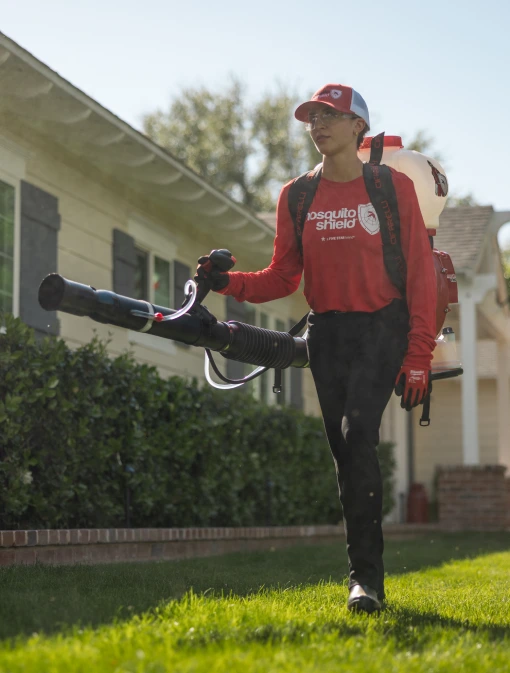Experience relaxation and peace in your backyard with our proven mosquito control solution. Trusted by families in Morgan Park, our innovative approach not only repels mosquitoes but also establishes a durable barrier customized to your outdoor environment. Mosquito Shield of Orland Park is dedicated to creating mosquito-free zones, so you can enjoy your outdoor spaces without interruption.
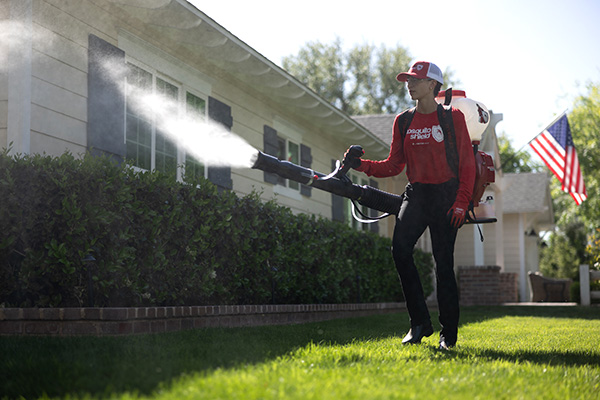
Effective mosquito control in Morgan Park, IL, that drives mosquitoes away and keeps them out of your yard.

Enjoy mosquito-free outdoor time in Morgan Park with treatments designed to provide lasting results.
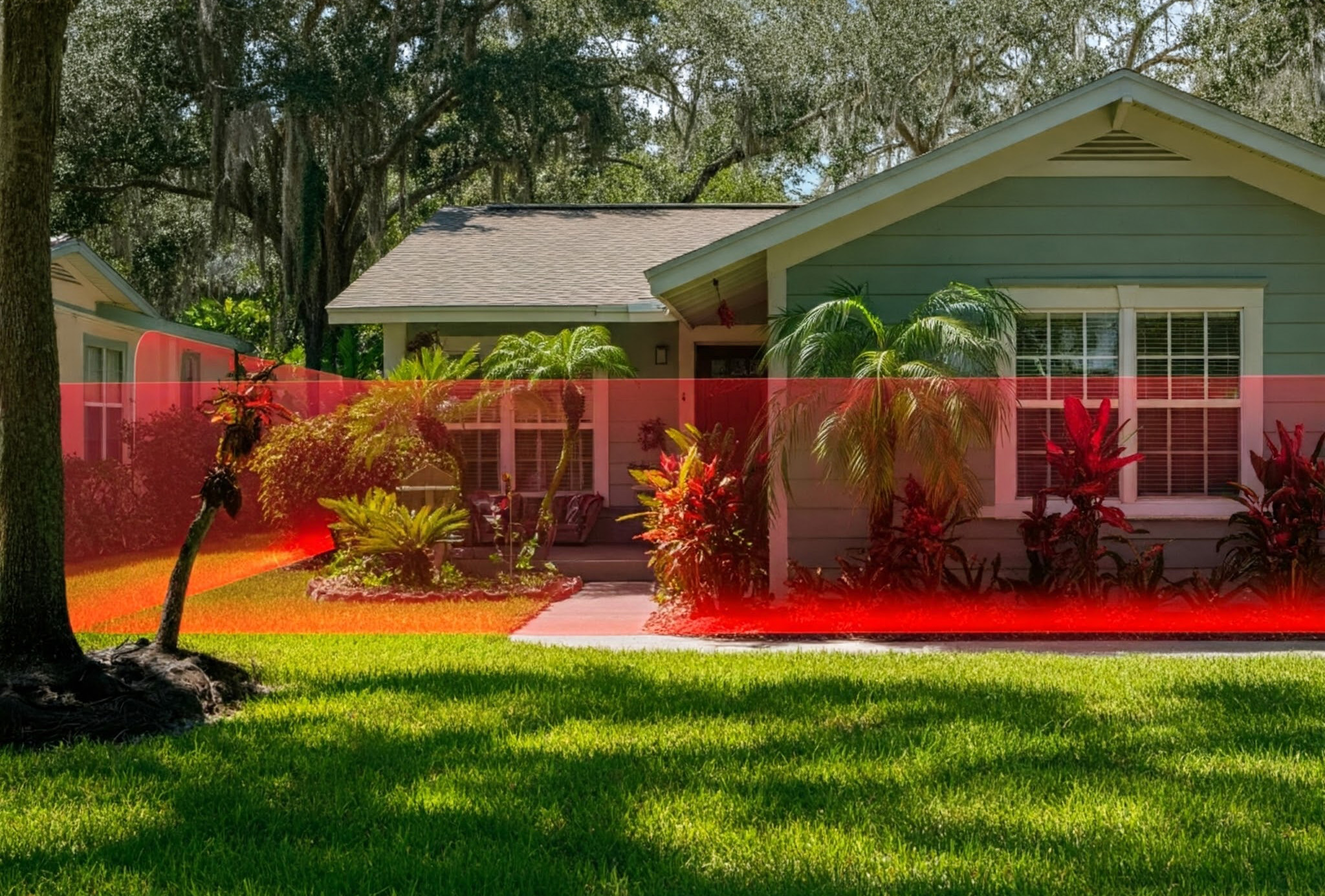
Highly rated mosquito control services in Morgan Park, trusted by residents to enhance outdoor living.

Morgan Park is a residential neighborhood on Chicago’s far southwest side, featuring mature tree-lined streets, wooded buffers, small parklands, stormwater drainage corridors, and retention features. These natural and landscaped areas—combined with a humid continental climate—create habitat conditions favorable for both mosquitoes and ticks.
Morgan Park’s wooded yards, green buffers, drainage zones, and low-lying shaded areas support persistent mosquito and tick presence, especially during the warmer, wetter seasons.
Residents face seasonal threats from mosquito-transmitted diseases like West Nile virus, with this summer showing a high rate of positive mosquito samples in Cook County. Ticks—including species that carry Lyme disease, Rocky Mountain spotted fever, and ehrlichiosis—also thrive in shaded and brushy yard areas. It’s important to practice routine mosquito and tick mitigation to ensure safe use of outdoor spaces.
Preventive actions commonly adopted include:

The weather in Morgan Park follows Chicago’s humid continental climate—featuring hot, humid summers and cold winters. Conditions this summer have created a high risk environment for mosquitoes, as local health authorities report elevated rates of West Nile-positive mosquito samples across the area.
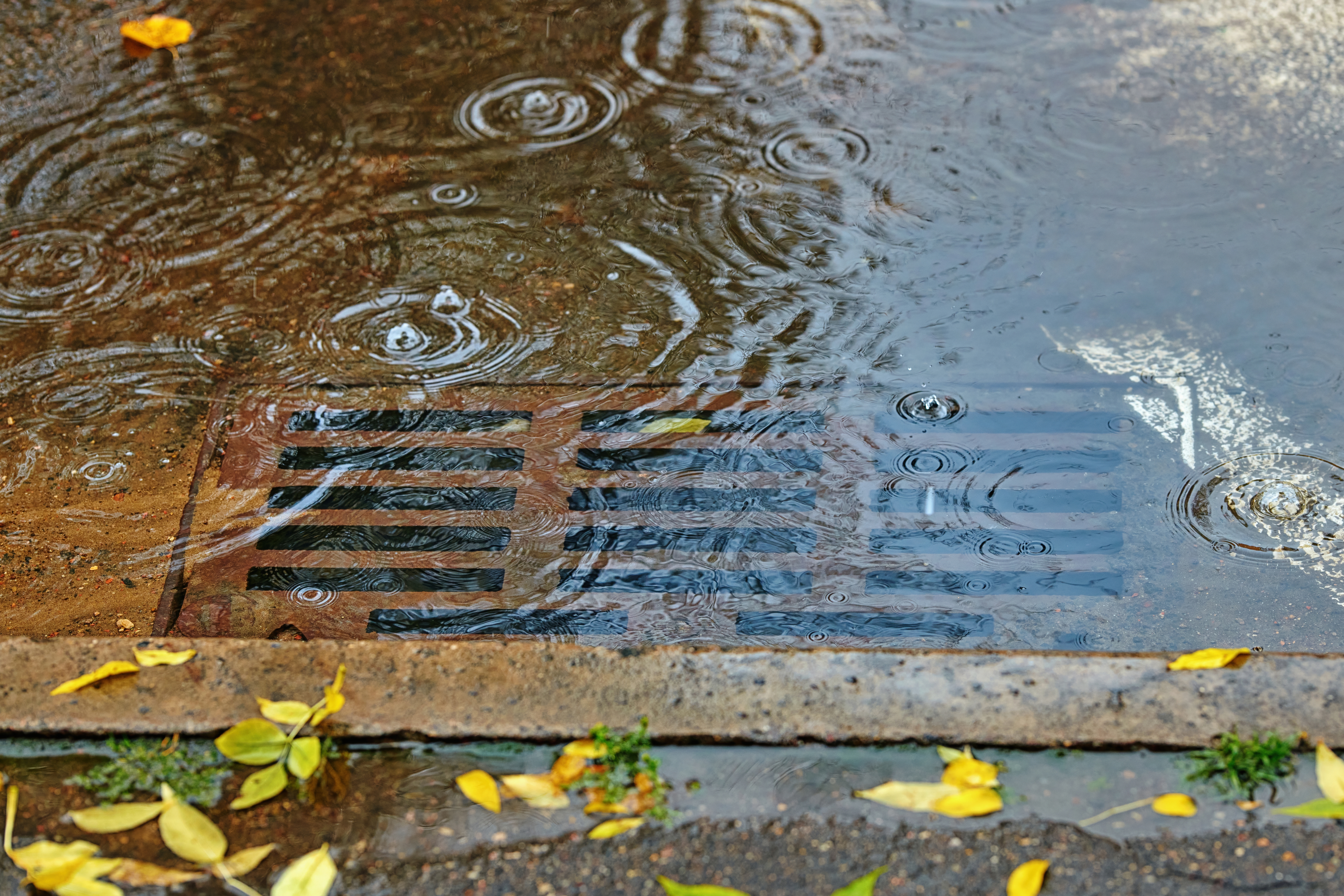

Identification: Small, dark brown to black mosquito with white scales on the thorax and legs.
Habitat: Breeds in natural containers like tree holes and artificial containers such as tires.
Behavior: Daytime biter; females are aggressive and primarily feed on mammals.
Health Risks: Primary vector of La Crosse encephalitis virus.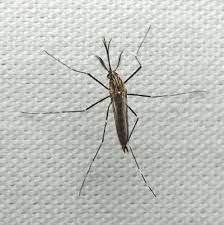
Identification: Medium-sized, dark mosquito with bronze-colored scales and distinct white markings on the legs and thorax.
Habitat: Prefers artificial containers, rock pools, and tree holes.
Behavior: Active during the day; feeds on mammals and birds.
Health Risks: Potential vector for West Nile virus and La Crosse encephalitis.
Identification: Medium-sized with a brown body and white bands on the abdomen and legs.
Habitat: Breeds in temporary floodwaters, such as rain pools and marshes.
Behavior: Nocturnal; females are persistent biters of mammals.
Health Risks: Potential vector for West Nile virus.
Identification: Small to medium-sized, light brown mosquito with unbanded legs and a blunt abdomen.
Habitat: Breeds in stagnant water sources like ditches, storm drains, and containers.
Behavior: Active during dusk and dawn; females prefer avian hosts but will bite humans.
Health Risks: Primary vector of West Nile virus.